Publications
Articles, publications, books, tools and multimedia features from the U.S. Institute of Peace provide the latest news, analysis, research findings, practitioner guides and reports, all related to the conflict zones and issues that are at the center of the Institute’s work to prevent and reduce violent conflict.
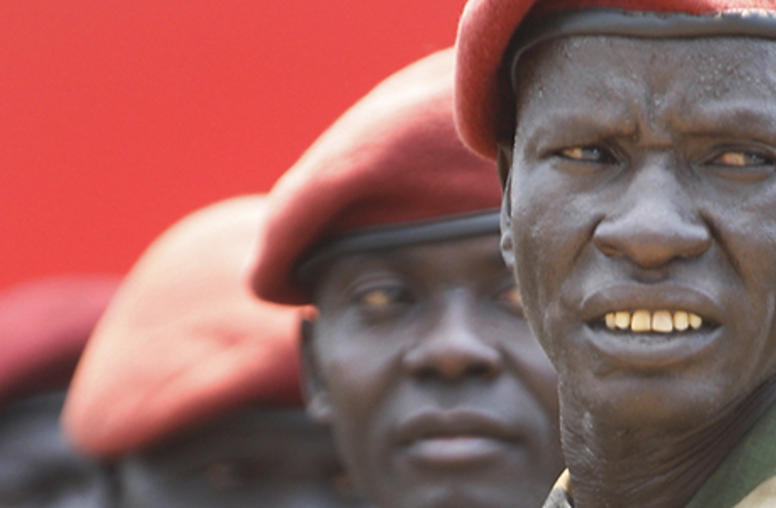
Immunity Cannot Allow Impunity
African leaders want to exempt themselves from prosecution for terrible crimes -- but new research shows their people aren't as forgiving as they might think.
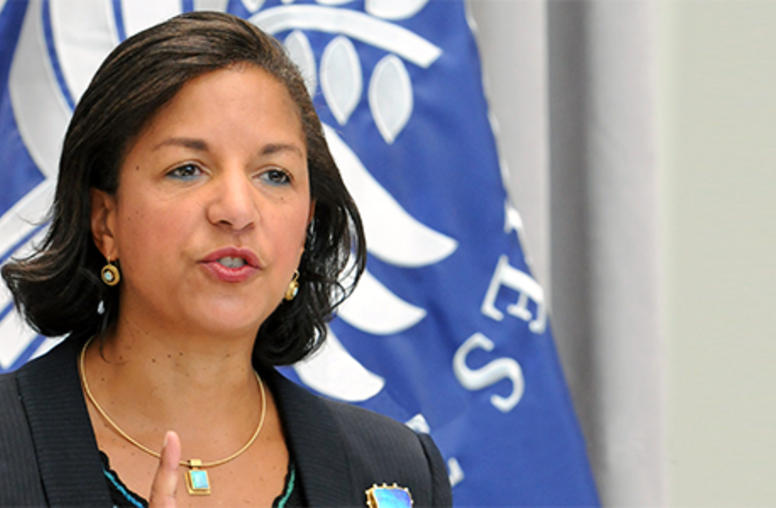
National Security Advisor Rice Vows Long-Term Ties with Africa
National Security Advisor Susan Rice drew attention to Africa's progress in the past two decades and its possibilities for economic growth, good governance and long-term stability, in a speech at the U.S. Institute of Peace on the eve of next week's U.S.-Africa Leaders Summit.
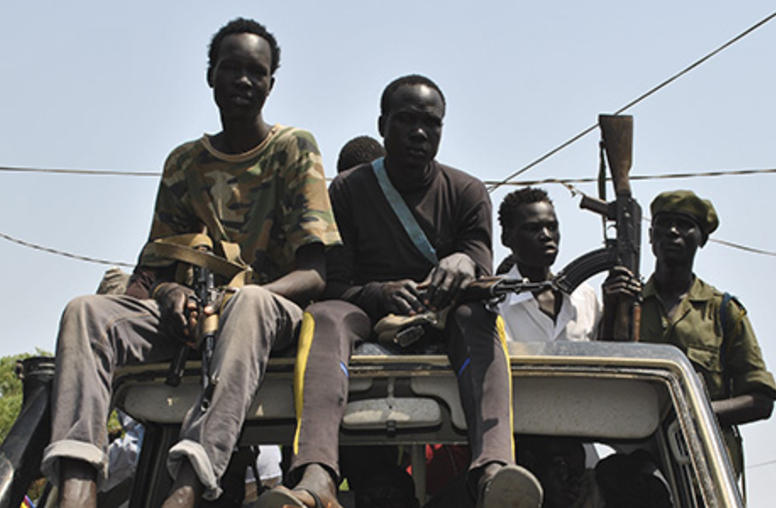
Holding It Together
Ending conflict demands more than knowing why countries go to pieces -- it calls for knowing why they don't.
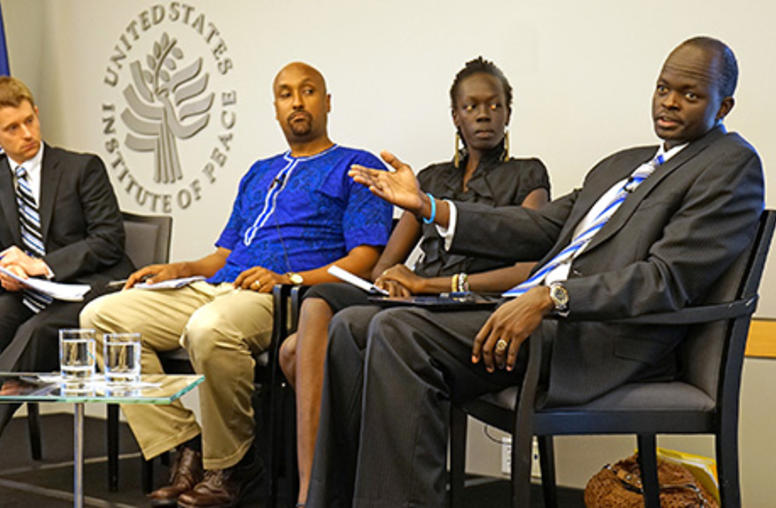
South Sudan Activists Call for Civil Society Role in Peace Process
The May 9 peace deal for South Sudan, signed between President Salva Kiir and former Vice President Riek Machar, has already been violated. But there is an important upside to the agreement: it calls for including civil society in the peace process. Three South Sudanese civic leaders discussed civil society’s role in the peace process at USIP with Jon Temin, the Institute’s director of Africa programs.
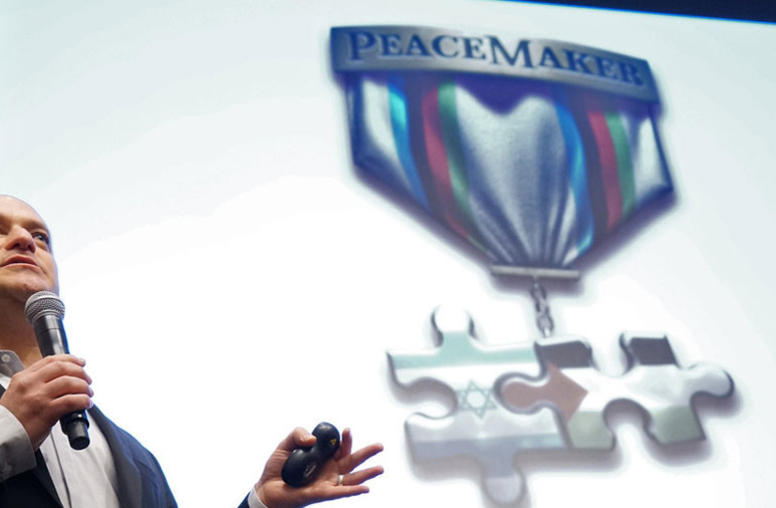
Games for Change Seek to Connect Dots Towards Peace
In societies riven by conflict, Asi Burak hopes to pick up where inadequate education and news reports leave off. The award-winning co-creator of the PeaceMaker computer game outlined the triumphs and challenges of trying to advance social change with gaming technology, during a session at the U.S. Institute of Peace for the annual Alliance for Peacebuilding conference.
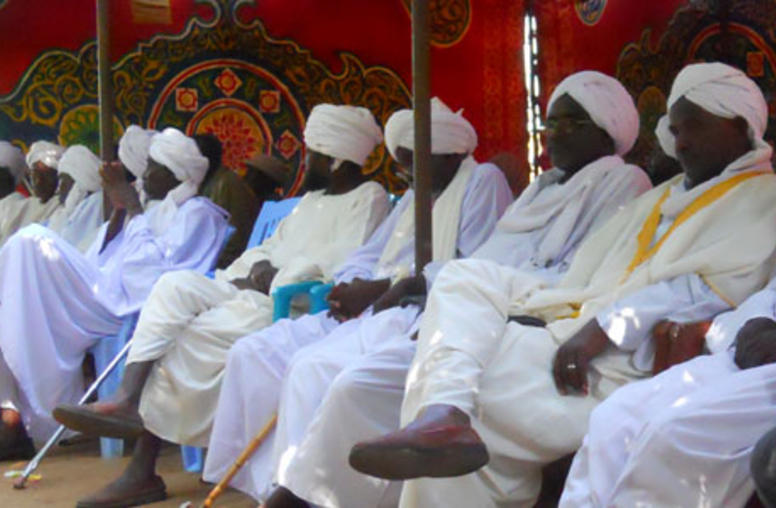
“Peace Conferences Don’t Always Work” and Other Lessons for Achieving Sustainable Peace in South Sudan and Sudan
The recent re-eruption of political violence in South Sudan in late 2013 has not only inflamed long-standing and unresolved local grievances, but also highlights the critical need to improve the impact and sustainability of local peace processes in any region. In the new Peaceworks, “Local Peace Processes in Sudan and South Sudan,” USIP’s Jacqueline H. Wilson outlines the importance of understanding and improving local peace processes.
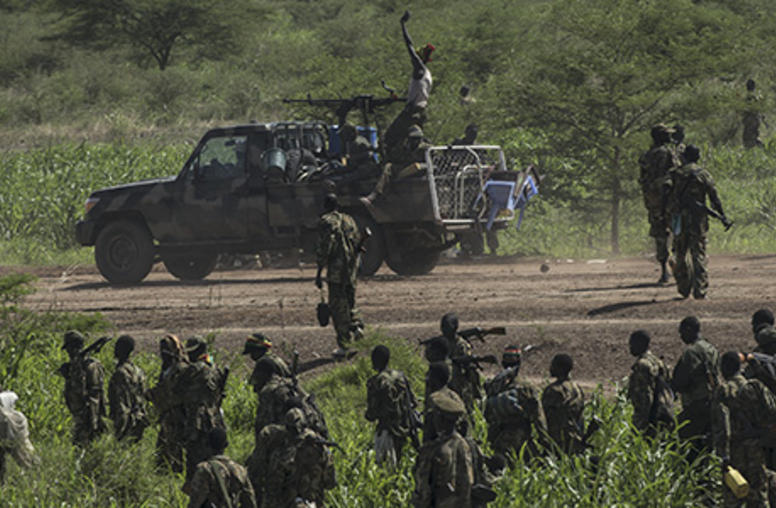
Q&A: South Sudan’s Violence
Leaders involved in South Sudan’s conflict signed a ceasefire agreement late last week in the second such effort to end violence that has beset the world’s newest independent nation. Jon Temin, USIP’s director of Africa programs, discusses the conflict, international approaches to encourage a resolution and strategies to help move the country forward.
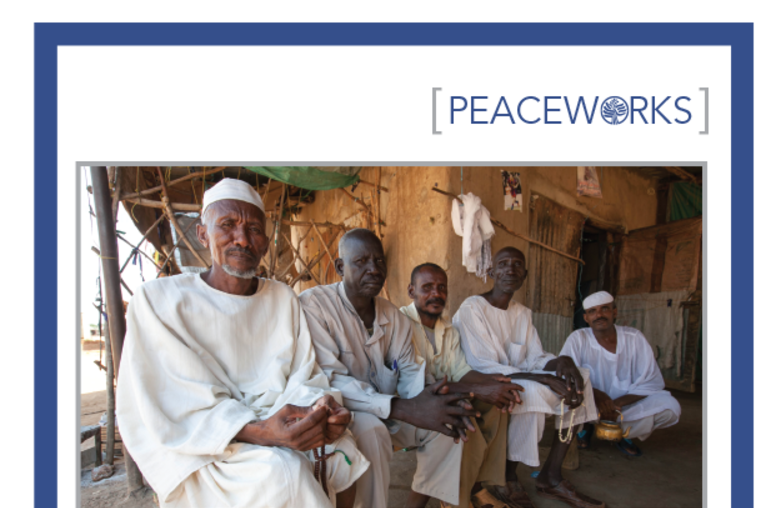
Local Peace Processes in Sudan and South Sudan
Sudan and South Sudan have seen numerous local peacebuilding efforts in recent years, yet violence continues largely unabated. Using the Western Corridor as a case study, this report outlines the importance of understanding and improving local peace processes through an architecture that begins with conflict analysis, entails a common vision, and focuses on achieving specific objectives. Also essential to the success of the process is including the right people—those with authority, with know...
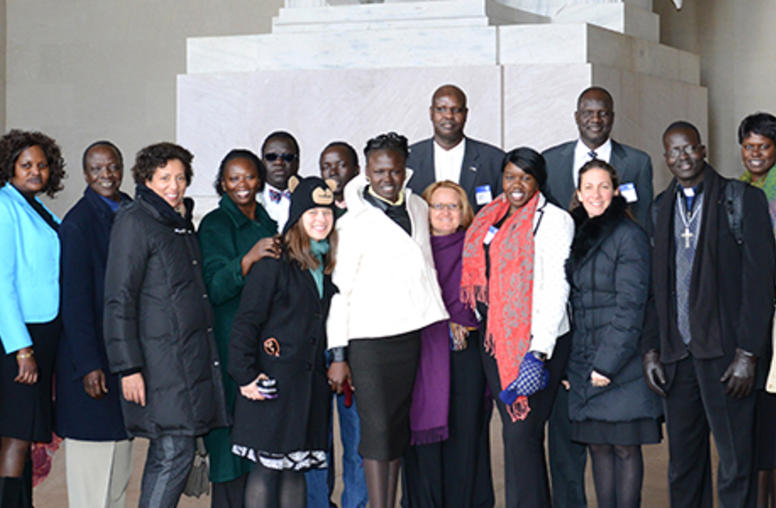
South Sudanese Diaspora Leaders at USIP Consider Online Speech Concerns
Members of the South Sudanese diaspora gathered at the U.S. Institute of Peace (USIP) last week to explore ways of fostering their national unity, supporting peace efforts in a conflict with tribal dimensions and countering online speech that disparages people of other tribes.
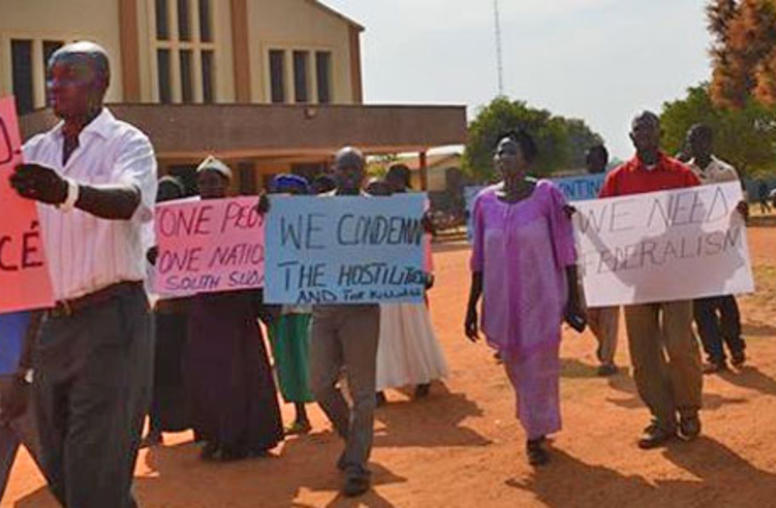
South Sudan’s Religious Unity Can Help Heal Wounds of Violence
South Sudan is a country that originated from the throes of conflict with religious overtones. Yet the constructive role of religious leaders during the new fighting that began more than a month ago is a reminder that they can play a critical part in getting the country back on a path to peace.